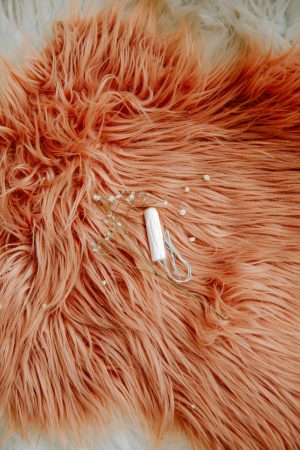When it comes to menstrual products, safety and health are top priorities. A recent study has raised concerns about the presence of harmful metals like arsenic and lead in tampons. Let’s delve into the findings, understand the potential risks, and explore what this means for your health and well-being.
The study and its findings
Researchers conducted a comprehensive study analysing various brands of tampons and other menstrual products. The alarming results revealed the presence of toxic metals, including arsenic, lead, and cadmium. These metals were found in trace amounts, but their presence has understandably caused concern among consumers and health experts alike.

Pexels
Why are these metals in tampons?
These metals are in tampons for several factors:
- Manufacturing processes: The raw materials used in tampon production, such as cotton, can be contaminated with metals from the soil or water where they are grown.
- Chemical additives: Certain chemicals used in the manufacturing process can introduce these metals into the final product.
- Environmental pollution: Pollution in the environment can lead to contamination of the raw materials, which then find their way into the finished products.
Potential health risks
While the study found only trace amounts of these metals, even low levels of exposure can raise health concerns over time:
- Arsenic: Prolonged exposure can lead to skin lesions, developmental effects, cardiovascular disease, and an increased risk of cancer.
- Lead: Lead exposure can affect almost every organ and system in your body, particularly the nervous system. It’s especially harmful to pregnant women and young children.
- Cadmium: This metal can cause damage to the kidneys, bones, and respiratory system.
What this means for you
The presence of these metals in tampons highlights the need for greater transparency and regulation in the menstrual product industry. Here are some steps you can take to ensure your safety:
- Choose organic products: Opt for organic tampons made from 100% organic cotton. These products are less likely to be contaminated with harmful metals and chemicals.
- Read labels: Look for tampons that are free from dyes, fragrances, and other chemical additives that could introduce unwanted contaminants.
- Stay informed: Keep up-to-date with the latest research and findings related to menstrual products. Being informed allows you to make better choices for your health.

Pexels
The industry response
In light of these findings, many tampon manufacturers have expressed their commitment to ensuring product safety. Some have already begun to implement more rigorous testing and sourcing practices to reduce the presence of harmful metals in their products. Consumer demand for safer options is also driving change, with more brands offering organic and toxin-free alternatives.
ALSO SEE:
Featured Image: Pexels

